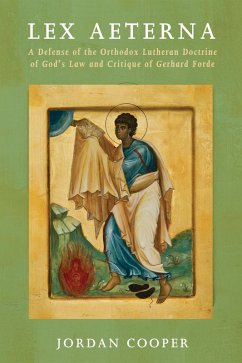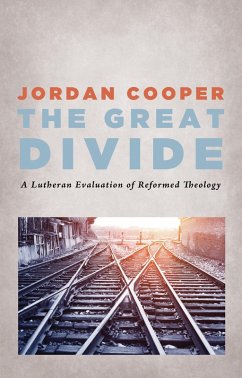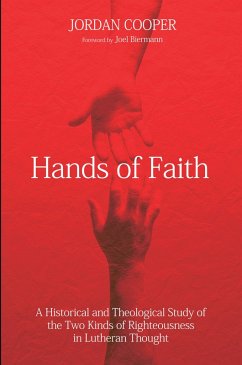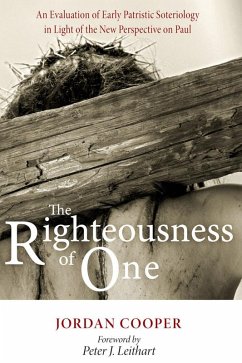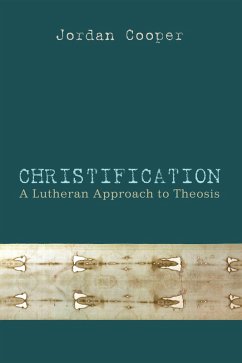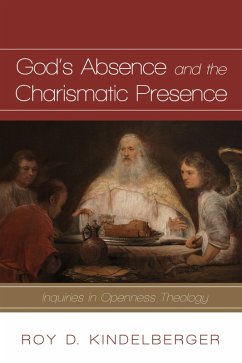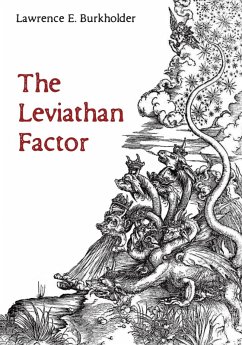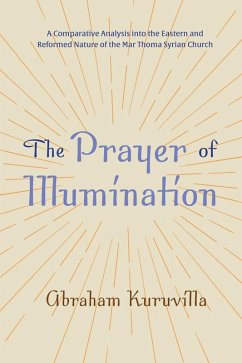Martin Luther's theological revolution depended in a significant part upon the distinction between law and gospel. Within the last hundred years, several authors have reevaluated the reformer's understanding of this paradigm in light of its development within the Lutheran orthodox tradition. Some authors have argued that the Lutheran scholastic view of God's law departs from that of Luther. Specifically, it is contended that the Lutheran orthodox argued for a definition of the law which defines it as God's eternal will in contradiction to Luther's approach, wherein the law is defined almost exclusively in negative terms, as a temporal order to eventually be replaced and superseded by the gospel. In this work, Jordan Cooper argues for the continued validity of the Lutheran orthodox definition of the law. Throughout this text, he contrasts the perspective of Radical Lutheran theologians, like Gerhard Forde, with that of earlier Lutheran writers such as Martin Chemnitz and Johann Gerhard. It is argued that Forde's view is inadequate to address contemporary ethical and pastoral issues, and that the Lutheran scholastic doctrine of the law as God's eternal will remains a necessary concept for the contemporary church.
Dieser Download kann aus rechtlichen Gründen nur mit Rechnungsadresse in A, D ausgeliefert werden.

